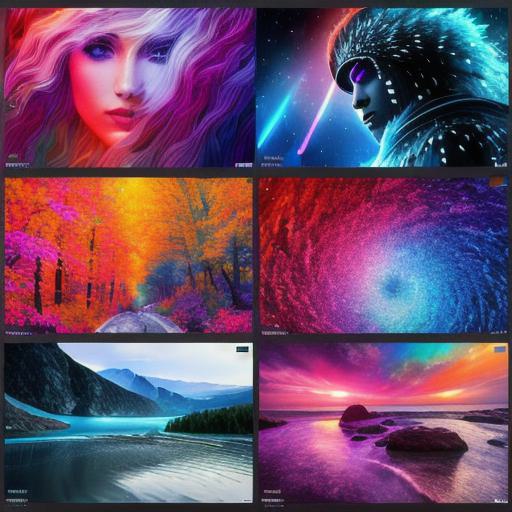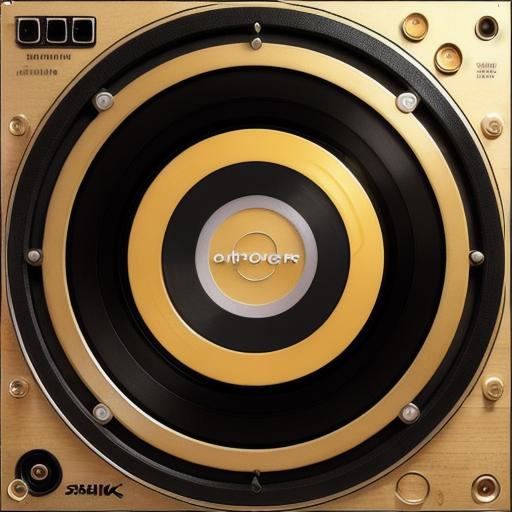Introduction
The music industry has always been one of the most innovative and dynamic industries in the world, but it’s also faced significant challenges over the years. The traditional business model, which relies on record labels and physical sales, is no longer sustainable in today’s digital age. That’s where Web3 platforms come into play, promising to revolutionize the music industry by providing new ways for artists to monetize their music and connect with fans.
What are Web3 Platforms?
Web3 platforms are decentralized platforms that use blockchain technology to facilitate peer-to-peer transactions. These platforms provide a more secure and transparent way for artists to monetize their music, as they don’t have to rely on intermediaries like record labels or streaming services. Web3 platforms also allow artists to connect with fans in new ways, by creating unique experiences and interactions that can’t be replicated elsewhere.
Real-Life Examples of Web3 Platforms in the Music Industry
There are already several examples of Web3 platforms being used in the music industry, including:
- BlockPool: This platform allows artists to sell their music directly to fans using blockchain technology, without the need for a record label or streaming service.
- SuperRare: This platform allows artists to create and sell unique digital art pieces, which can be used as backgrounds, logos, or other assets in the music industry.
- Audius: This platform is a decentralized music streaming service that uses blockchain technology to distribute royalties directly to artists, without the need for intermediaries.
- Hive Mind: This platform allows artists to collaborate on new music projects, using blockchain technology to ensure transparency and fairness in the process.
The Benefits of Web3 Platforms for Artists and Fans
Web3 platforms offer several benefits for both artists and fans, including:
- Greater control over the music industry: By using decentralized platforms, artists can take back control of their music and monetization, without relying on intermediaries like record labels or streaming services.
- More transparent and secure transactions: Web3 platforms use blockchain technology to ensure transparency and security in transactions, making it easier for artists and fans to trust each other.
- New ways to connect with fans: Web3 platforms allow artists to create unique experiences and interactions with fans, such as limited-edition art pieces or exclusive music releases.
- Fairer distribution of royalties: By using decentralized platforms, royalties can be distributed directly to artists, without the need for intermediaries like record labels or streaming services.
Conclusion
Web3 platforms have the potential to revolutionize the music industry by providing new ways for artists to monetize their music and connect with fans. While there are still challenges to overcome, the benefits of decentralized platforms are clear, and we can expect to see more and more examples of these platforms being used in the future. Whether you’re an artist or a fan, Web3 platforms are worth exploring if you want to be at the forefront of this exciting new era of music.

FAQs
- What is the main idea of your article? The main idea of the article is that Web3 platforms have the potential to revolutionize the music industry by providing new ways for artists to monetize their music and connect with fans, using blockchain technology to ensure transparency and security in transactions.

- How can Web3 platforms help artists? Web3 platforms allow artists to take back control of their music and monetization, without relying on intermediaries like record labels or streaming services. They also provide new ways for artists to connect with fans, and distribute royalties more fairly.
- What are some real-life examples of Web3 platforms in the music industry? Some real-life examples include BlockPool, SuperRare, Audius, and Hive Mind.
- What are the benefits of using Web3 platforms for artists and fans? The benefits include greater control over the music industry, more transparent and secure transactions, new ways to connect with fans, and fairer distribution of royalties.
